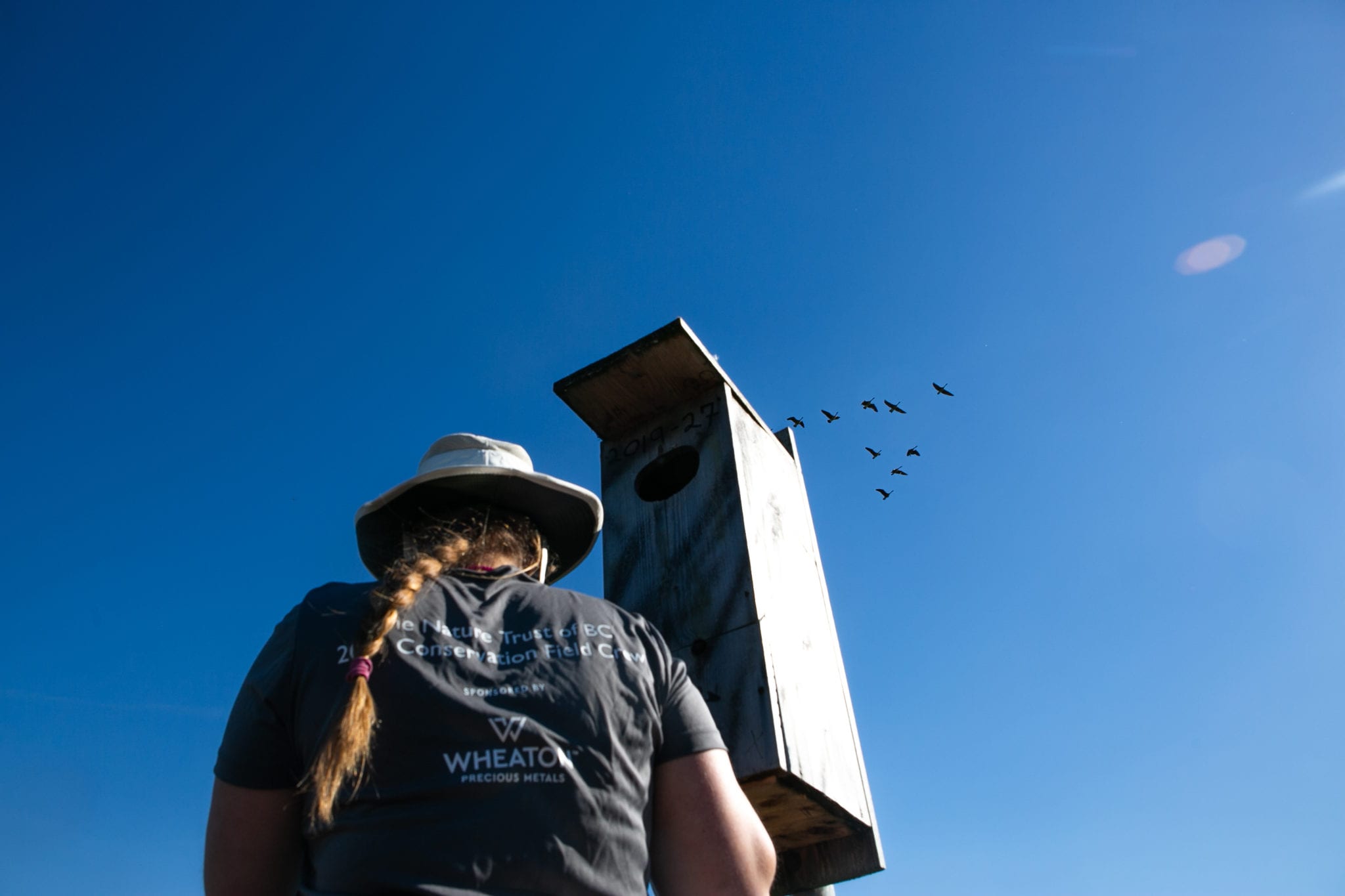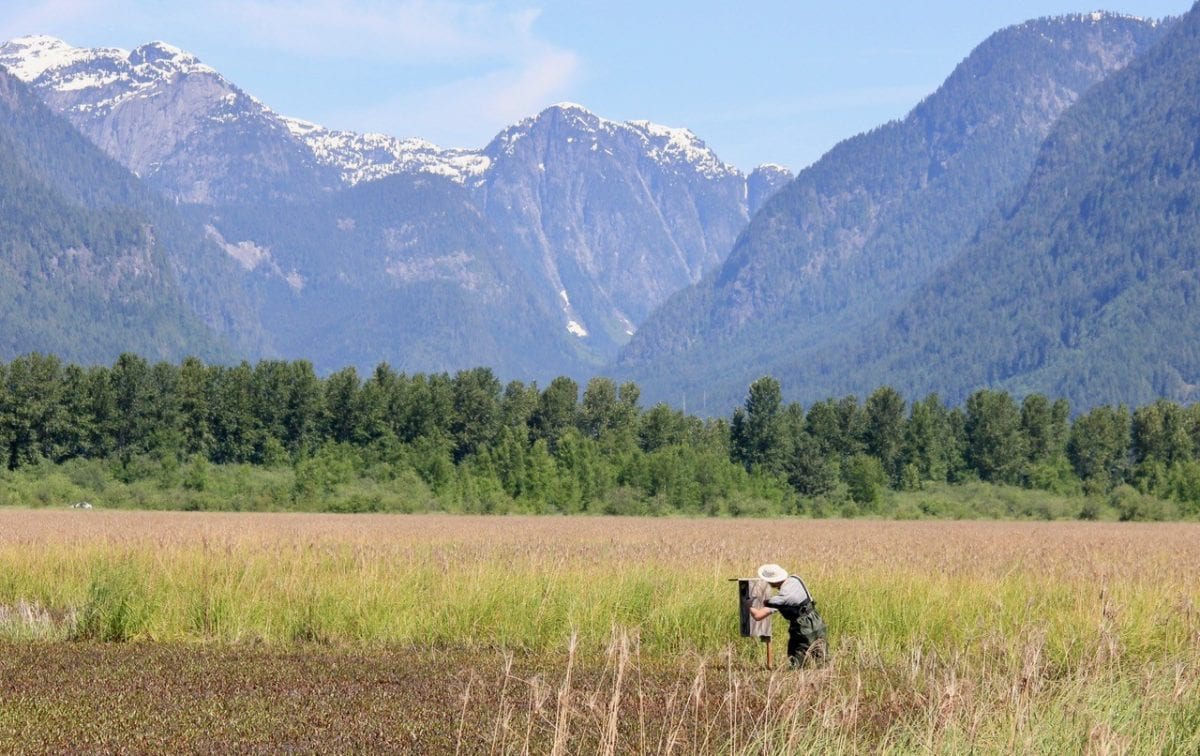
By: Jack Scher, Lower Mainland Conservation Field Crew member
Earlier this month The Nature Trust of BC’s Lower Mainland Field Crew had the opportunity to work with two members of the Pitt Waterfowlers Association – Dan Otway and Chris Bradford. These two conservationists describe themselves as “two guys, just trying to make a difference for the prosperity of the local waterfowl population.” They dedicate their time, effort, and resources to help waterfowl in the Addington Point Marsh. Located in Pitt Meadows, British Columbia, this Wildlife Management Area supports over 200 birds and 29 mammal species. Pitt Lake itself is also very rare as it is the largest tidal freshwater lake in the world!
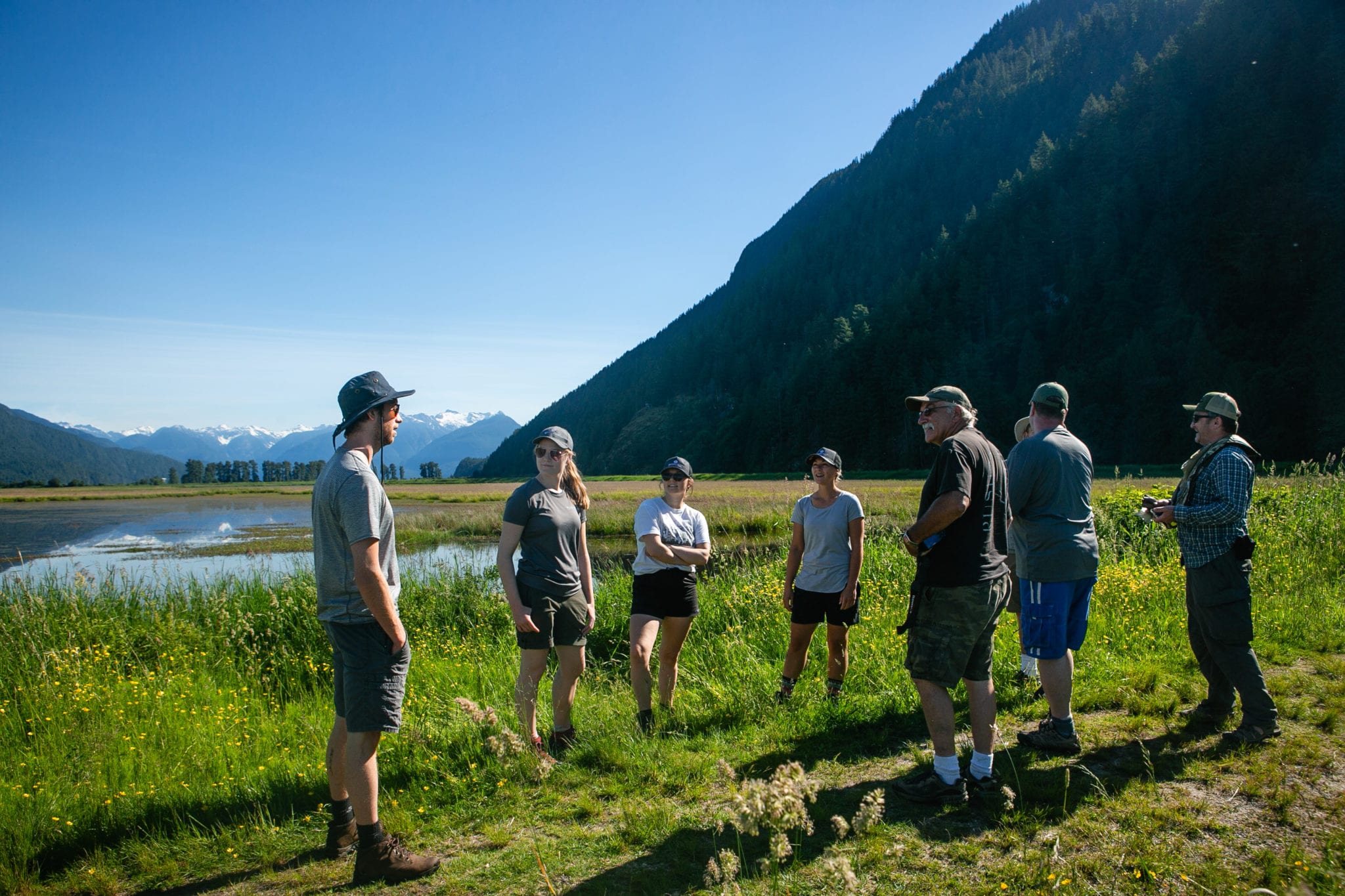
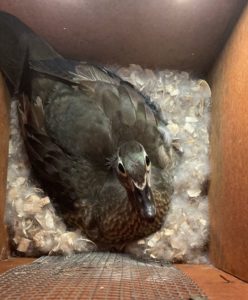 With the help of volunteers, Dan and Chris organized the installation of 140 nestboxes in the Addington Point Marsh and surrounding Pitt Meadows areas. Nest boxes are really important as they provide vital habitat for wood ducks and other bird species in the area. In the last 9 years, the PittWaterfowlers have had an amazing 40% success rate with their nesting boxes. This is extremely promising for the future of waterfowl populations in the Addington Point Marsh Wildlife Management Area.
With the help of volunteers, Dan and Chris organized the installation of 140 nestboxes in the Addington Point Marsh and surrounding Pitt Meadows areas. Nest boxes are really important as they provide vital habitat for wood ducks and other bird species in the area. In the last 9 years, the PittWaterfowlers have had an amazing 40% success rate with their nesting boxes. This is extremely promising for the future of waterfowl populations in the Addington Point Marsh Wildlife Management Area.
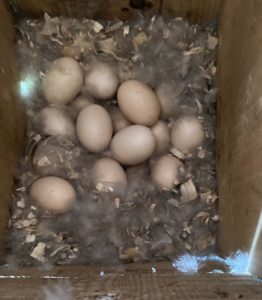
During the crew’s field day, they helped the PittWaterfowlers inspect, clean and take photos of 90 nesting boxes. If there were no birds nesting in the box, the crew would clean and the box and replace the woodchips on the inside, allowing the birds to lay their eggs on a cleaner surface. If they found a bird nesting in a box, the crew would take a photos and record the GPS location of the nest. This data is important because it provides Dan and Chris with an idea of which nesting boxes are being used most often and which are being ignored. This helps them understand which locations in the marsh have high bird populations and where to build new boxes in the future.
The Addington Point Marsh Wildlife Management Area is managed by The Province of British Columbia, The Nature Trust of BC, and Ducks Unlimited Canada. Managing wildlife areas together is very crucial in providing species with the best habitat possible. Each organization brings something different to the table when it comes to conserving land and species, and working together will ensure more ideas will be spread which will undoubtedly result in a greater experience for not only the species being helped but for the organizations themselves that can all learn from each other in the process!